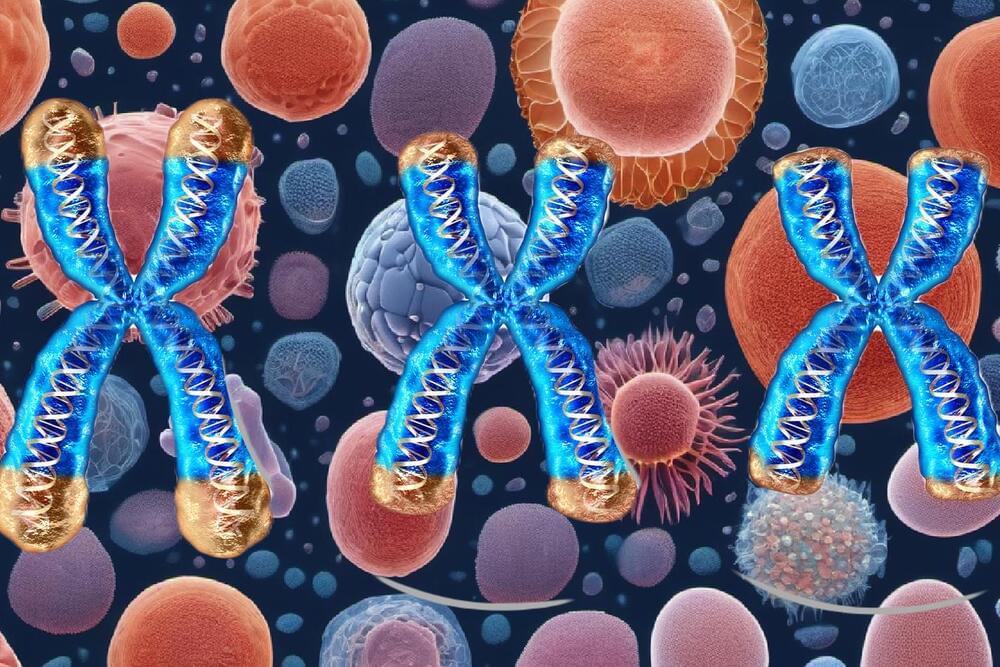In pre-clinical trials, a small molecule effectively regrew neurons, reduced inflammation, and improved memory, speed, coordination, grip strength, and more. The finding could have a profound impact on aging and the diseases that accompany it.
In conducting the research, scientists at the University of Texas MD Anderson Cancer Center, turned their focus to telomerase reverse transcriptase (TERT), an enzyme that is known to help synthesize and extend telomeres, the protective caps at the ends of chromosomes that help cells divide. TERT levels are reduced as we age.
Without sufficient levels of TERT, when our telomeres shrink or get seriously modified, they can lead to a process that continually damages our DNA, which causes cells to release inflammatory compounds that can in turn lead to aging, tissue damage, and cancer.










Leave a reply